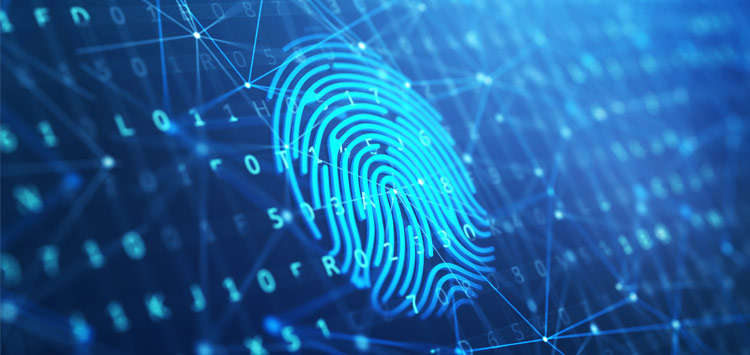-
Business
-

Policy & Business
-
-
Federal IT
-

Information Technology
-
-
State & Local
-

State & Local Government
-
-
Defense
-

Defense & Intelligence
-
-
Healthcare
-

Healthcare Policy & IT
-
-
Energy
-

Energy Policy & Technology
-
-
Education
-

Education Policy & Technology
-
How the Kremlin is sure to keep its fingerprints off any cyberattack
The Washington Post: MOSCOW — It has become something of a ritual over the past decade. Revelations of a cyberattack against a geopolitical foe of Russia, accusations from Western leaders, and then the inevitable Kremlin response: “Prove it.”
Plausible deniability has long been a key attraction in cyberespionage, a practice that most governments, including the United States, pursue. And while the hacking of Democratic National Committee servers and the subsequent release of stolen documents on WikiLeaks during a heated U.S. presidential race have brought a squall of attention to Moscow, it may all have been expected, analysts said, if the Russian government indeed intended to see the documents leaked.
Top Stories
- Closing the Digital Divide in Government: 5 Strategies for Digital Transformation
- Hackers used legit remote monitoring software to hack agency networks
- What Motivates Remote Workers to Protect IT Assets?
- Governments View Open Source as Critical for Enhancing Digital Services, Experts Say
- The federal government is moving on memory safety for cybersecurity
- IT leaders’ top 12 takeaways from 2022
- GAO Highlights Interoperability Challenges With Zero Trust
- Commerce Seeks IT Subject Matter Expert Support
- IT leaders weigh the case for innovation in industry clouds
- FITARA scorecard sees 7 agencies increase their marks amid cyber methodology changes
- Almost 9 in 10 Federal Agencies Using or Considering 5G, Per Study
- Making a Successful Shift to Digital-first Government
- 8 reasons why digital transformations fail
- Report finds Census Bureau lacks ‘effective cybersecurity posture’ after red team hack
- What transformational leaders too often overlook
- (More) Clarity in the Clouds – What’s Needed to Secure Multi-Cloud Environments
i360Gov Newsletters
The most significant government policy, business, and technology news and analysis delivered to your inbox.
Subscribe NowTrending
- Almost 9 in 10 Federal Agencies Using or Considering 5G, Per Study
- IT leaders weigh the case for innovation in industry clouds
- FINRA CIO Steve Randich pushes the public cloud forward
- Biden Announces New Appointees for Telecommunications Advisory Committee
- USPTO Works to Modernize Patent Processing with AI
- Lessons from China’s Cyberattack Strategy Can Help CISOs Better Manage Threats, Report Says
- Mentoring tomorrow’s Black IT leaders
- The federal government is moving on memory safety for cybersecurity
Also in Information Technology
About
i360Gov is an intelligent network of websites and e-newsletters that provides government business, policy and technology leaders with a single destination for the most important news and analysis regarding their agency strategies and initiatives.
Contact Us
Telephone: 202.760.2280
Toll Free: 855.i360.Gov
Fax: 202.697.5045











